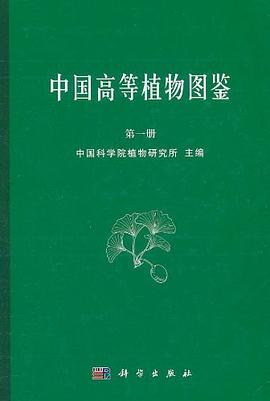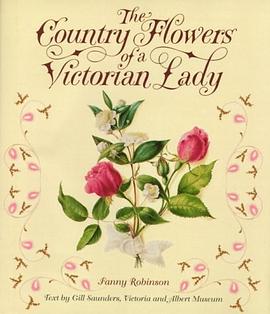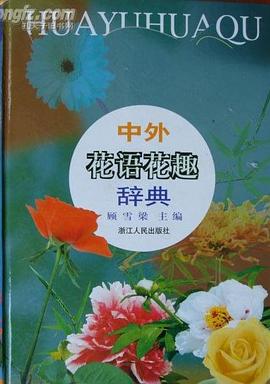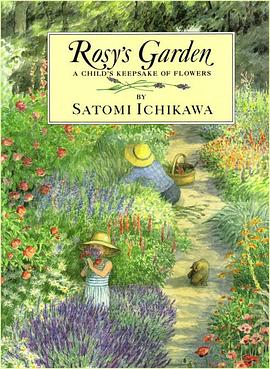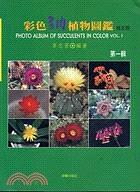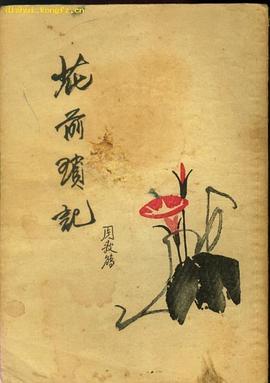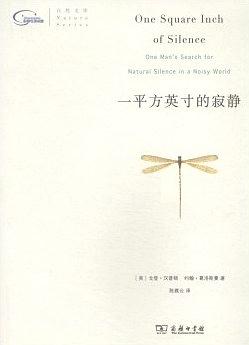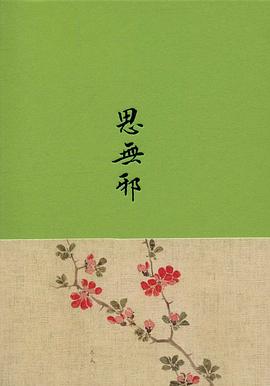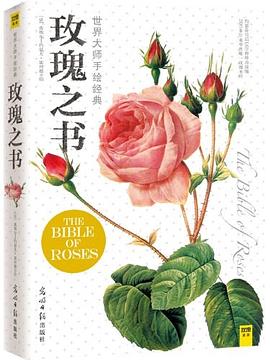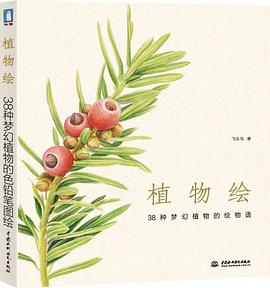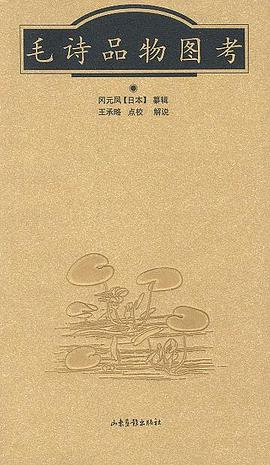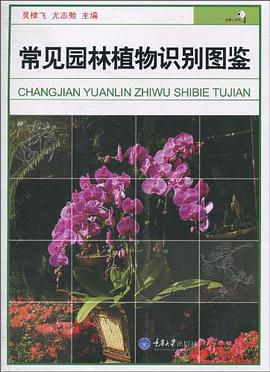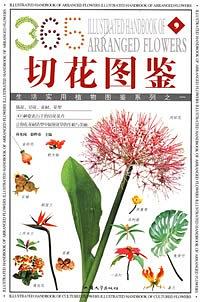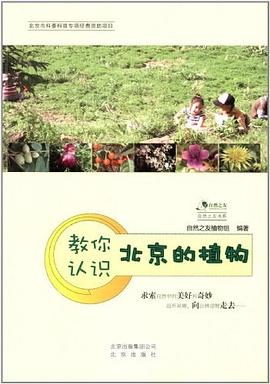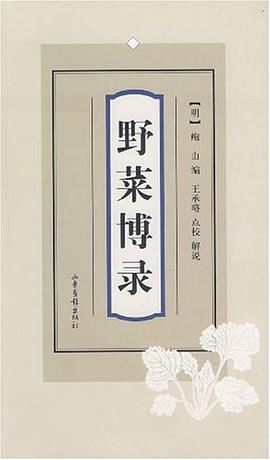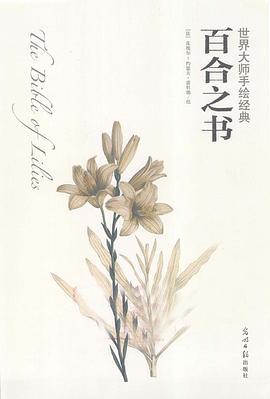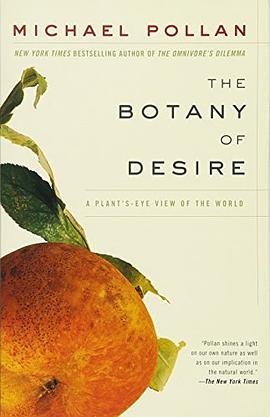

具體描述
In The Botany of Desire, Michael Pollan argues that the answer lies at the heart of the intimately reciprocal relationship between people and plants. In telling the stories of four familiar plant species that are deeply woven into the fabric of our lives, Pollan illustrates how they evolved to satisfy humankinds’s most basic yearnings — and by doing so made themselves indispensable. For, just as we’ve benefited from these plants, the plants, in the grand co-evolutionary scheme that Pollan evokes so brilliantly, have done well by us. The sweetness of apples, for example, induced the early Americans to spread the species, giving the tree a whole new continent in which to blossom. So who is really domesticating whom?
Weaving fascinating anecdotes and accessible science into gorgeous prose, Pollan takes us on an absorbing journey that will change the way we think about our place in nature.
Amazon.com's Best of 2001
Working in his garden one day, Michael Pollan hit pay dirt in the form of an idea: do plants, he wondered, use humans as much as we use them? While the question is not entirely original, the way Pollan examines this complex coevolution by looking at the natural world from the perspective of plants is unique. The result is a fascinating and engaging look at the true nature of domestication.
In making his point, Pollan focuses on the relationship between humans and four specific plants: apples, tulips, marijuana, and potatoes. He uses the history of John Chapman (Johnny Appleseed) to illustrate how both the apple's sweetness and its role in the production of alcoholic cider made it appealing to settlers moving west, thus greatly expanding the plant's range. He also explains how human manipulation of the plant has weakened it, so that "modern apples require more pesticide than any other food crop." The tulipomania of 17th-century Holland is a backdrop for his examination of the role the tulip's beauty played in wildly influencing human behavior to both the benefit and detriment of the plant (the markings that made the tulip so attractive to the Dutch were actually caused by a virus). His excellent discussion of the potato combines a history of the plant with a prime example of how biotechnology is changing our relationship to nature. As part of his research, Pollan visited the Monsanto company headquarters and planted some of their NewLeaf brand potatoes in his gardenseeds that had been genetically engineered to produce their own insecticide. Though they worked as advertised, he made some startling discoveries, primarily that the NewLeaf plants themselves are registered as a pesticide by the EPA and that federal law prohibits anyone from reaping more than one crop per seed packet. And in a interesting aside, he explains how a global desire for consistently perfect French fries contributes to both damaging monoculture and the genetic engineering necessary to support it.
Pollan has read widely on the subject and elegantly combines literary, historical, philosophical, and scientific references with engaging anecdotes, giving readers much to ponder while weeding their gardens. Shawn Carkonen
著者簡介
Michael Pollan is a contributing writer for The New York Times Magazine as well as a contributing editor at Harper’s magazine. He is the author of two prizewinning books: Second Nature: A Gardener’s Education and A Place of My Own: The Education of an Amateur Builder. Pollan lives in Connecticut with his wife and son.
圖書目錄
讀後感
为了跟那些长得更强更壮的树, 灌木们争夺生存的空间, 它们驯化了一种动物. 它们给动物制造动物需要却无法自己制造的美味. 动物则帮助它们, 用其它植物不能望其项背的方式争夺生存的领域. 骄傲的树们, 从来没有想到小麦居然能雇佣电锯这种东西... 这是从植物的观点来讲的故事...
評分Michael Pollan写的文章我一向喜欢,每次他在ny times上的文章都让人读得口齿余香。现在他的书很流行,简直就是人手一本。这本就是同事借给我的。整本书一共四个部分,围绕着四种植物,讲述他们的历史,以及怎样通过人类实现自己(植物的)基因遍布全球的。可能写得比较早期吧...
評分在这个基因游走的世界 ——《植物的欲望》 于是 很多人和我一样五谷不分。没法分。从小就在餐厅和菜场的背景中完成吃的工作,城市里的土壤、土壤里的植物越来越少。有一天我甚至听一个诗人在抱怨,他送给女儿一掊种子,却满大街找不到泥土。而在花店里,我们出钱购买包裹在塑...
評分为了跟那些长得更强更壮的树, 灌木们争夺生存的空间, 它们驯化了一种动物. 它们给动物制造动物需要却无法自己制造的美味. 动物则帮助它们, 用其它植物不能望其项背的方式争夺生存的领域. 骄傲的树们, 从来没有想到小麦居然能雇佣电锯这种东西... 这是从植物的观点来讲的故事...
評分植物的欲望:植物眼中的世界 (美)迈克尔·波伦著;王毅译 上海:上海人民出版社,2003 271页 CNY17.00 Q94/26 大馆藏 真是不良出版社。 2004-01出版,271页的书,定价17元,转过年,2005-05再版,换了封面,272页的书,定价28元。这就是抢钱呀。 这书从作...
用戶評價
i want to garden!!!
评分...對植物不是很感興趣
评分本來就喜歡Michael Pollan的文筆,這本應該是我讀過的他的最好的。行文非常流暢,theory, evidence, anecdote, observation無縫銜接,看似無聊的話題被他講的非常吸引人。應該會買實體書。
评分讀完第一章實在受不瞭瞭,作者思維很跳躍而散文般的文風實在是太難follow,但是Conclusion很驚艷,the agency of botany, coevolutionary relation, BIODIVERSITY
评分長知識
相關圖書
本站所有內容均為互聯網搜索引擎提供的公開搜索信息,本站不存儲任何數據與內容,任何內容與數據均與本站無關,如有需要請聯繫相關搜索引擎包括但不限於百度,google,bing,sogou 等
© 2025 book.quotespace.org All Rights Reserved. 小美書屋 版权所有

